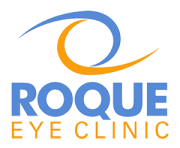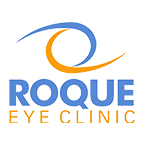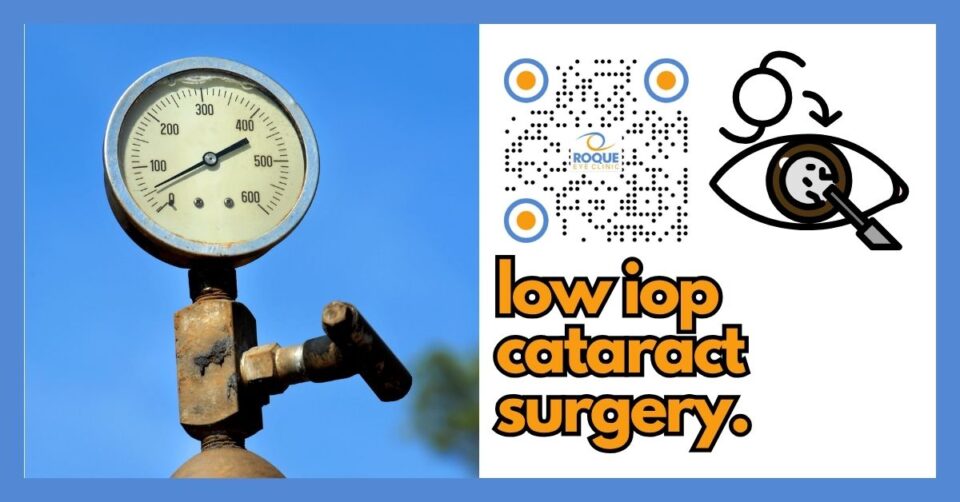Key Learning Points:
Incipient cataracts are the early stages of cataract formation, often causing mild vision changes.
Symptoms include blurred vision, glare sensitivity, and difficulty seeing at night.
Treatment options range from lifestyle changes to surgical intervention.
Prevention includes UV protection, a healthy diet, and regular eye check-ups.
Early diagnosis and management can slow cataract progression.
Comprehensive Patient Educational Article
What Are Incipient Cataracts?
Cataracts are a common eye condition where the lens of the eye becomes cloudy, leading to vision impairment. Incipient cataracts refer to the early stages of this condition. At this stage, the cloudiness is minimal, and symptoms may be mild or even unnoticed. However, if left untreated, incipient cataracts can progress, leading to significant vision loss.
Think of your eye’s lens as a camera lens. When the lens is clear, light passes through easily, creating a sharp image. But when a cataract forms, it’s like smudging the lens, making the image blurry or hazy.
Symptoms of Incipient Cataracts
In the early stages, symptoms may be subtle. Common signs include:
Blurred Vision: Slight blurriness, especially in bright light.
Glare Sensitivity: Difficulty seeing in bright sunlight or under strong indoor lighting.
Difficulty Seeing at Night: Struggling with night driving due to halos around lights.
Fading Colors: Colors may appear less vibrant.
Frequent Prescription Changes: Needing new glasses or contact lenses more often.
If you notice any of these symptoms, it’s essential to consult an ophthalmologist for a comprehensive eye exam.
Causes and Risk Factors
Cataracts develop due to changes in the proteins within the eye’s lens. While aging is the most common cause, other risk factors include:
UV Exposure: Prolonged exposure to sunlight without protection.
Diabetes: High blood sugar levels can accelerate cataract formation.
Smoking and Alcohol Use: These habits increase oxidative stress in the eyes.
Family History: Genetics can play a role in cataract development.
Eye Injuries or Surgeries: Trauma to the eye can lead to cataracts.
Diagnosis
Your ophthalmologist will perform a series of tests to diagnose incipient cataracts, including:
Visual Acuity Test: Measures how well you see at various distances.
Slit-Lamp Examination: Allows the doctor to examine the structures of your eye under high magnification.
Retinal Exam: After dilating your pupils, the doctor checks for lens cloudiness.
Treatment Options
Lifestyle Changes:
Wear UV-protective sunglasses.
Eat a diet rich in antioxidants (e.g., leafy greens, berries).
Quit smoking and limit alcohol consumption.
Prescription Glasses: Updated glasses can help manage early symptoms.
Surgery: If cataracts progress and significantly impair vision, cataract surgery may be recommended. During surgery, the cloudy lens is replaced with an artificial intraocular lens (IOL).
Prevention Tips
Protect Your Eyes from UV Rays: Wear sunglasses with 100% UV protection.
Maintain a Healthy Diet: Include foods rich in vitamins C and E, and omega-3 fatty acids.
Regular Eye Exams: Early detection is key to managing cataracts.
Manage Chronic Conditions: Keep diabetes and hypertension under control.
Avoid Smoking: Smoking accelerates cataract formation.
Being diagnosed with incipient cataracts can be unsettling, but it’s important to remember that this is a manageable condition. Think of it as a warning sign—your eyes are telling you to take better care of them. With early intervention, you can slow the progression and maintain good vision for years to come.
Steps After Diagnosis
Follow Your Doctor’s Advice: Attend all follow-up appointments.
Update Your Eyewear: Get new glasses if needed.
Adopt Healthy Habits: Protect your eyes from UV rays and eat a balanced diet.
Monitor Symptoms: Report any changes in vision to your doctor immediately.
Consider Surgery if Recommended: Modern cataract surgery is safe and highly effective.
Frequently Asked Questions (FAQs)
Can incipient cataracts be reversed?
No, but their progression can be slowed with proper care.How often should I have my eyes checked?
Annual eye exams are recommended, especially if you’re over 40.Is cataract surgery painful?
No, the procedure is painless and performed under local anesthesia.Can cataracts come back after surgery?
No, but some patients may develop a secondary clouding called posterior capsule opacification, which is easily treated.Are cataracts only an age-related condition?
While common in older adults, cataracts can also result from trauma, diabetes, or genetic factors.Can diet really prevent cataracts?
A healthy diet rich in antioxidants can reduce the risk of cataract formation.How long does cataract surgery take?
The procedure typically takes 15–30 minutes.Will I need glasses after cataract surgery?
It depends on the type of intraocular lens (IOL) you choose. Some lenses reduce the need for glasses.Can children get cataracts?
Yes, though rare, congenital cataracts can occur in newborns.What happens if cataracts are left untreated?
Untreated cataracts can lead to severe vision loss and even blindness.
Take-Home Message
Incipient cataracts are a common but manageable eye condition. Early detection, lifestyle changes, and regular eye exams can help preserve your vision. If you experience any symptoms, don’t hesitate to consult your ophthalmologist. At Roque Eye Clinic, we’re here to guide you every step of the way.
Bibliography
American Academy of Ophthalmology (AAO). (2024). Cataract Diagnosis and Treatment.
National Eye Institute (NEI). (2024). Facts About Cataracts.
ESCRS. (2024). Cataract Surgery Guidelines.
Cochrane Library. (2024). Systematic Reviews on Cataract Prevention.
PubMed. (2024). Meta-Analyses on Cataract Risk Factors.
BOOK AN APPOINTMENT
It takes less than 5 minutes to complete your online booking. Alternatively, you may call our BGC Clinic, or our Alabang Clinic for assistance.






